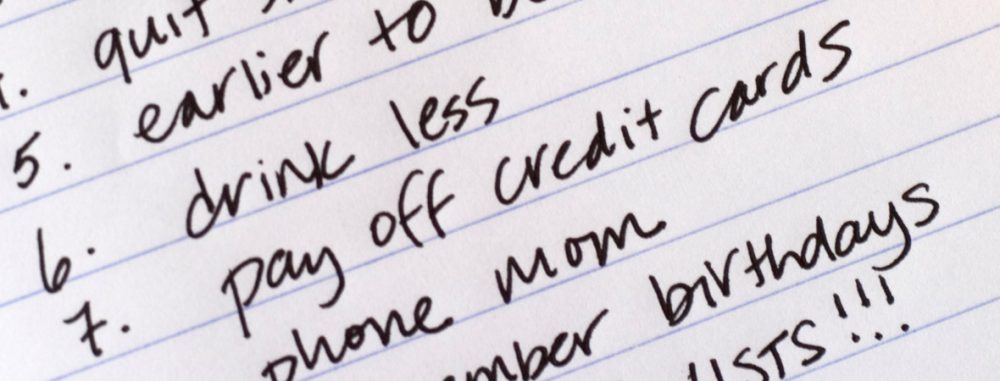If you’re like most people, the festive celebrations of Christmas, Chanukah, and New Years Eve are often followed by a sobering dose of post-holiday debt.
And if you have debt you’re not alone. On average, Canadians are $21,164 in debt (with higher numbers in B.C. for an average debt of $23,011).
So how can one shovel their way through this fresh mound of January debt? Here are some tips to dig yourself out:
1. Cash is king
Paying for everything with cold hard cash is a great way to manage your spending. By forgoing the debit and credit cards you’re less likely to impulse buy. The greater the barriers to spending, the less likely you are to give into impulses.
2. Give your cards the cold treatment
To keep you on the cash track, freeze your credit cards in a plastic container of water and leave them at the back of the freezer. The inconvenience of having to thaw them every time you go shopping will help purge your urge.
3. Pay off specialty retail credit card balances and retire them
Sure they seemed like a good deal when you received an extra 15% off on your first purchase upon activation. However, interest charged on specialty retail cards can be upwards of 20%!
4. Is it a bargain or more holiday debt?
January can be a tempting time to shop as merchants are eager to clear out unsold seasonal items. But ask yourself: Is 40% off really a great deal if you’re paying a 15% interest rate for a couple of years before it’s paid off?
5. Cancel subscriptions/recurring expenses you don’t use
If you aren’t reading a particular magazine/newspaper, making use of a monthly subscription service, watching a streaming service, or using that gym membership, cancel them. Most of these subscriptions are automatically charged to your bank account or credit card.
6. Take it off the road
Cars are by far one of the biggest expenses for the average Canadian. Depending on your car, driving record and how much you drive, the cost of owning and operating a vehicle averages between $6,000 and $10,000 a year.
Car share services such as Modo, Evo, Zipcar and Car2Go offer a great alternative to ownership usually at a fraction of the cost. In cities like Vancouver and Victoria where bike lanes are expanding, combining car sharing with biking and public transit makes great financial, environmental and health sense.








